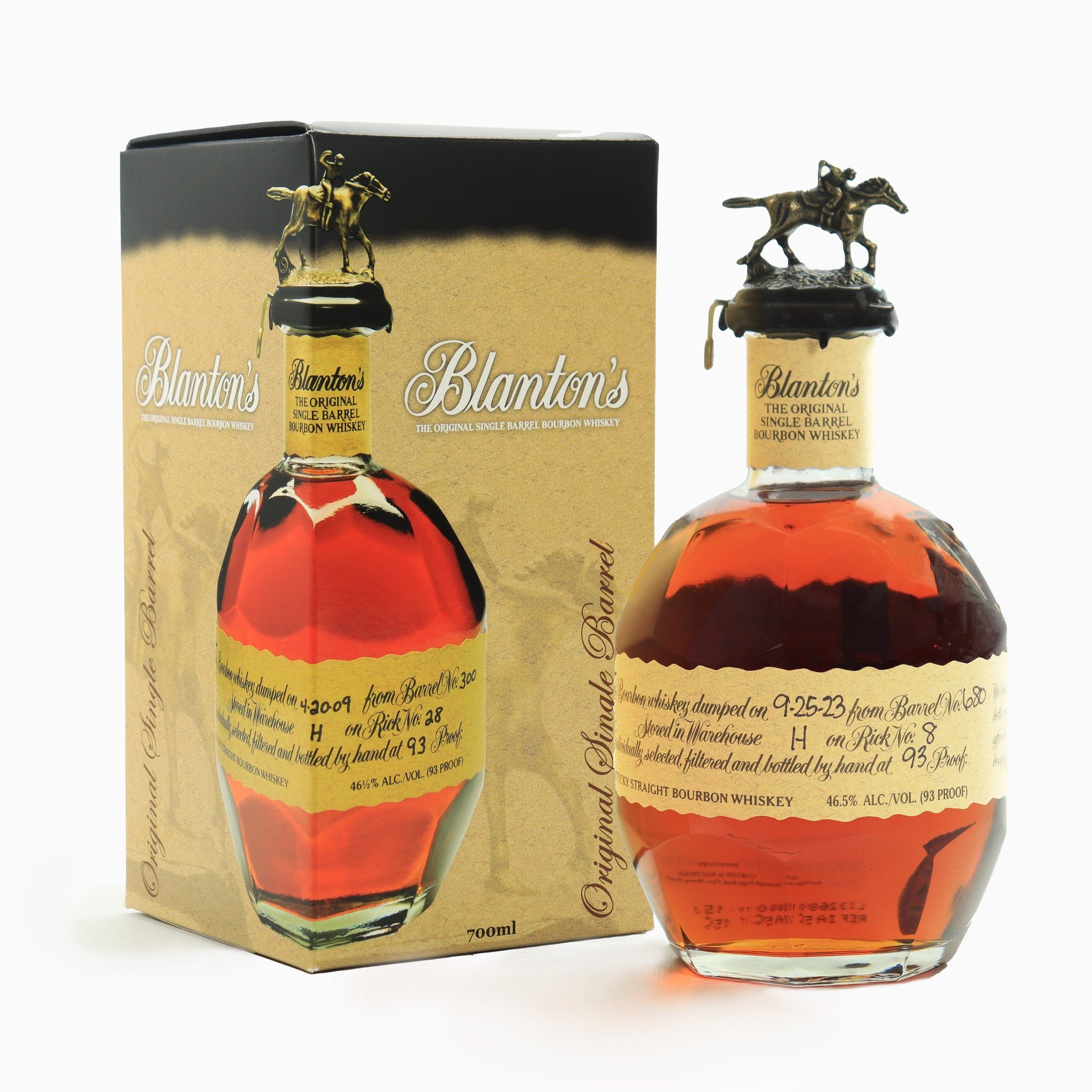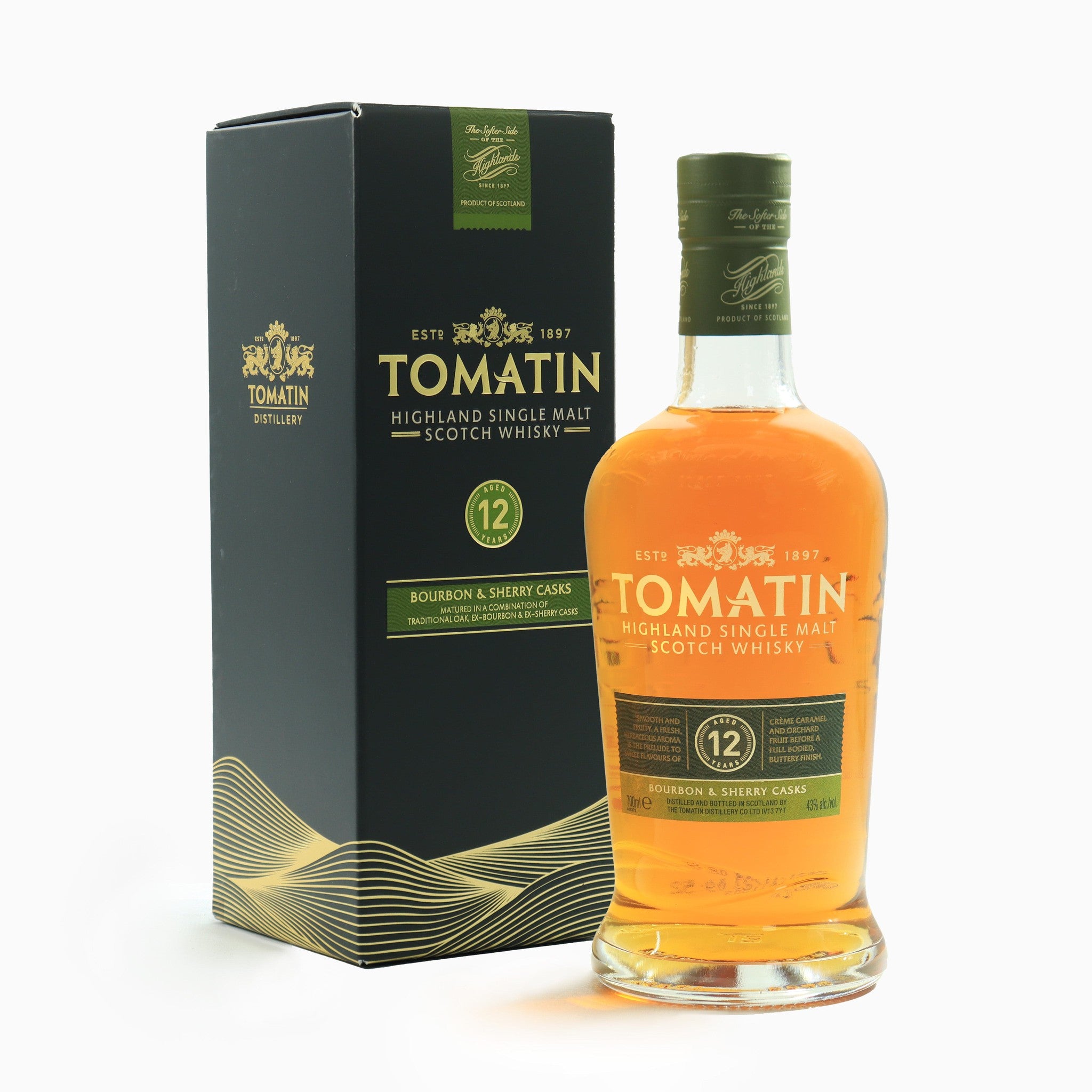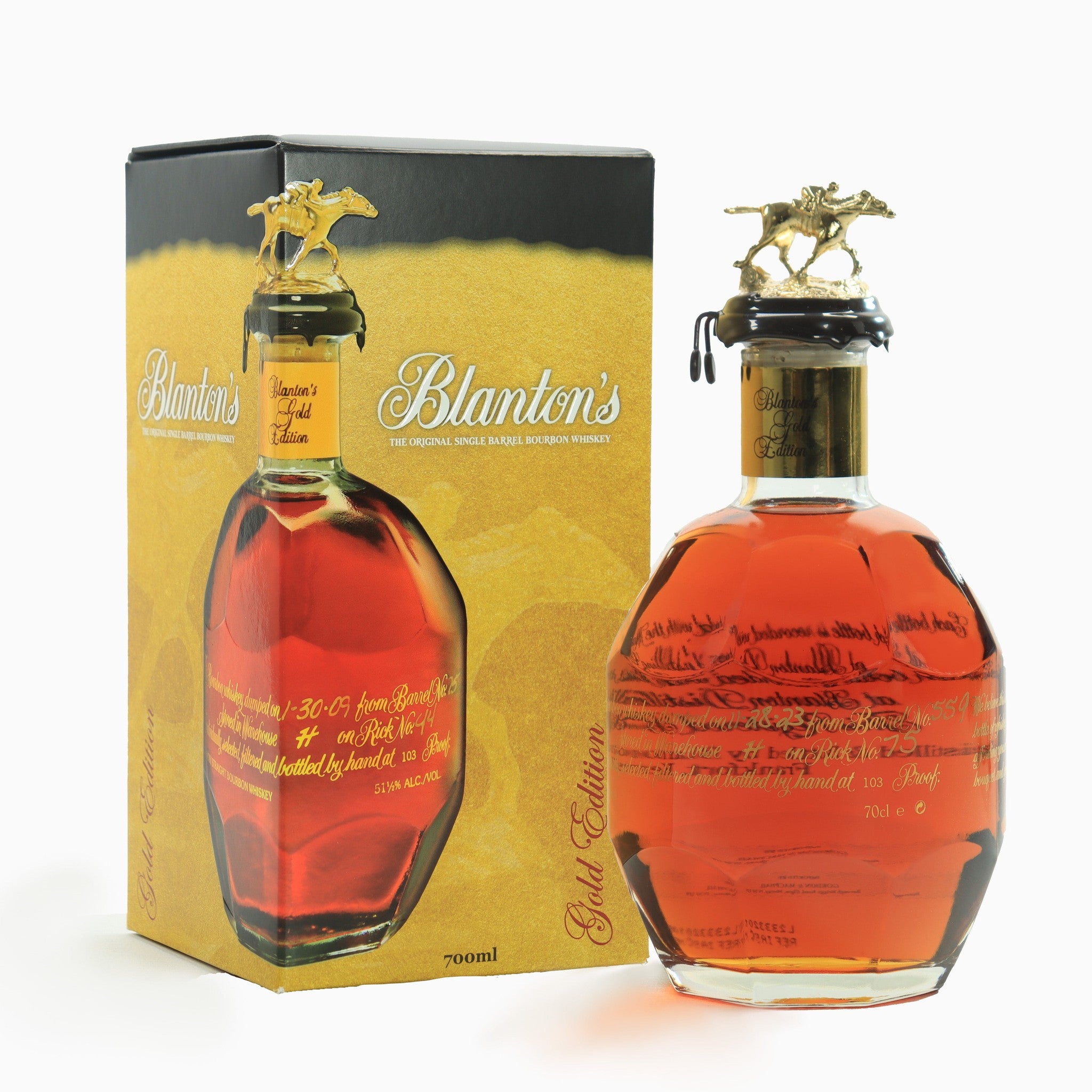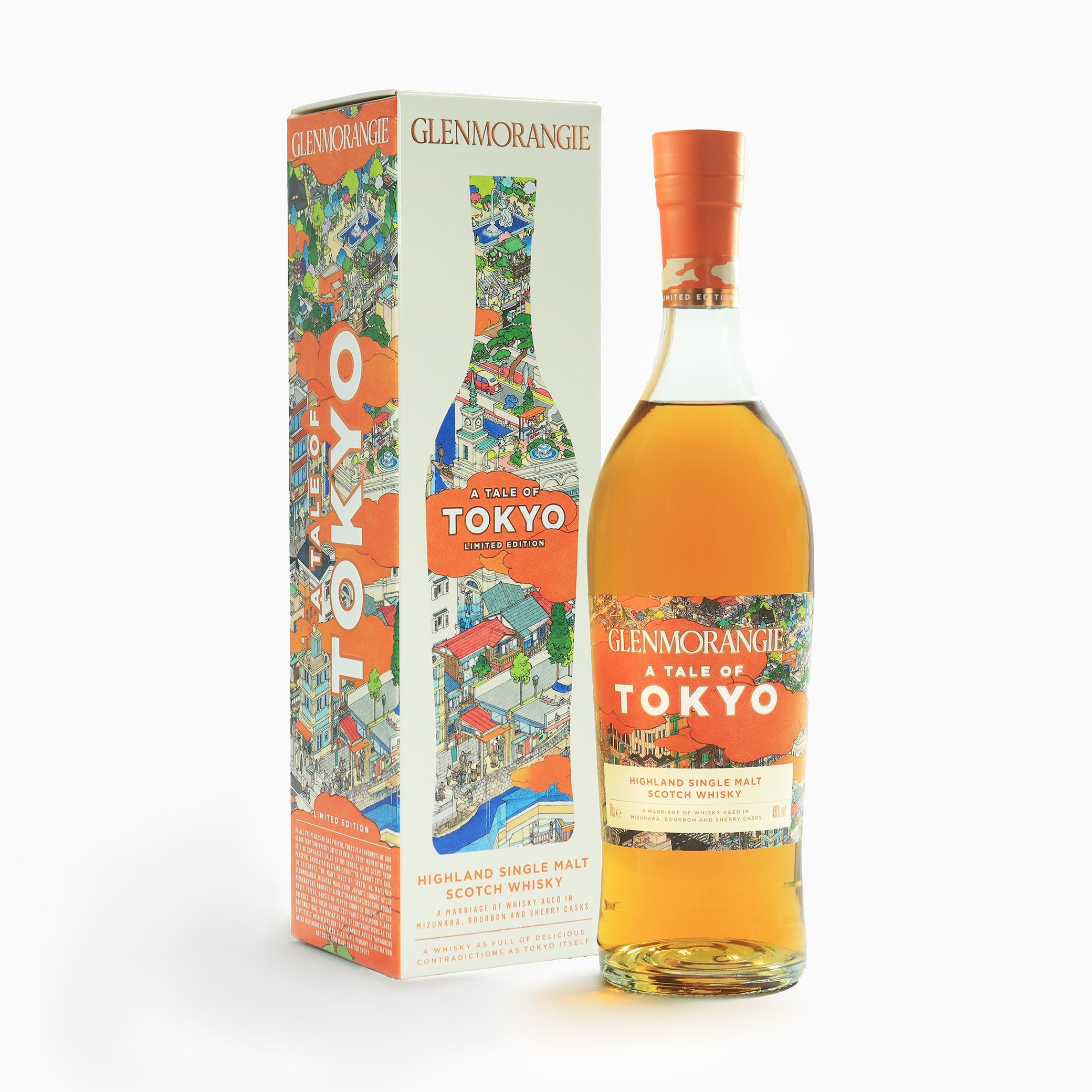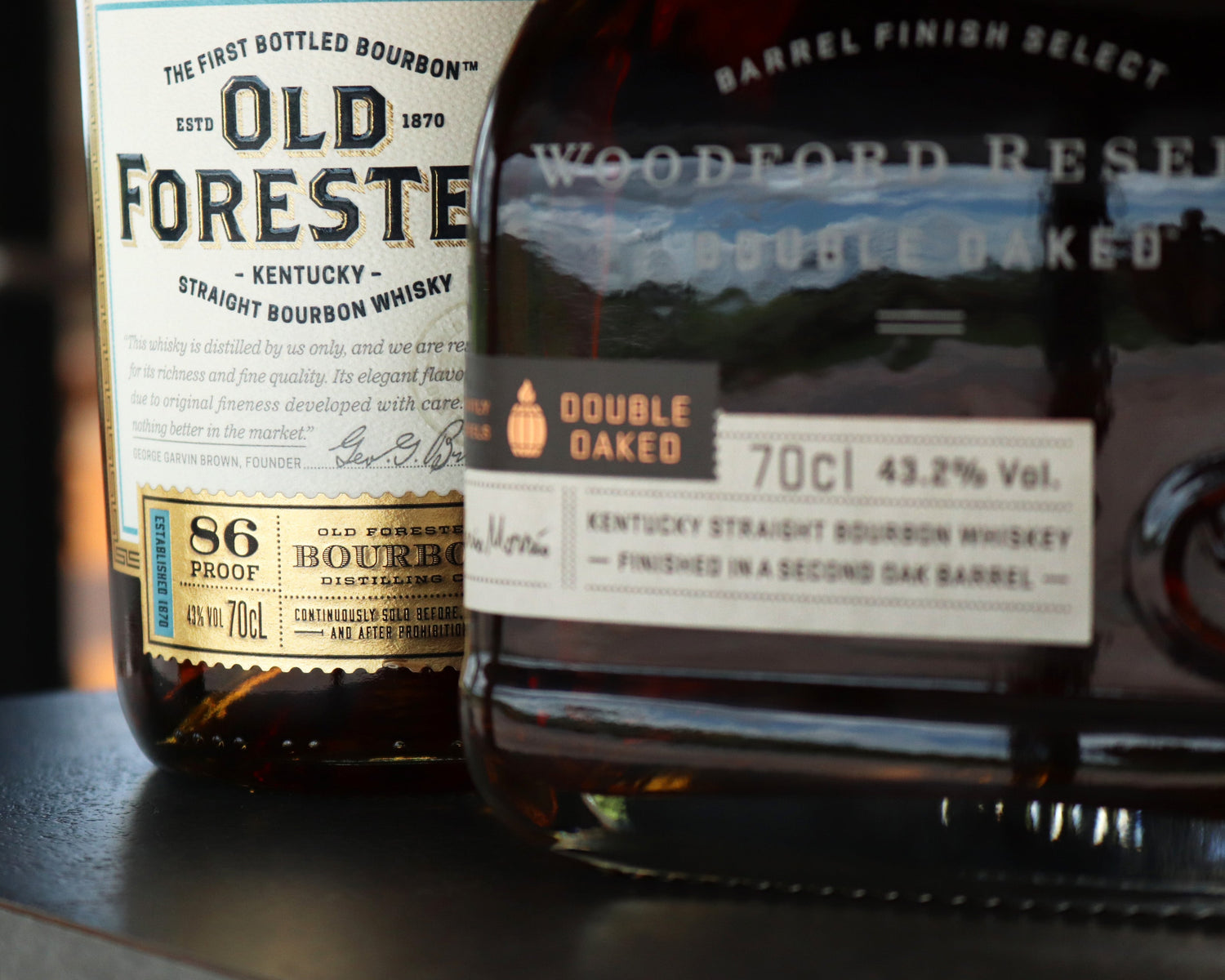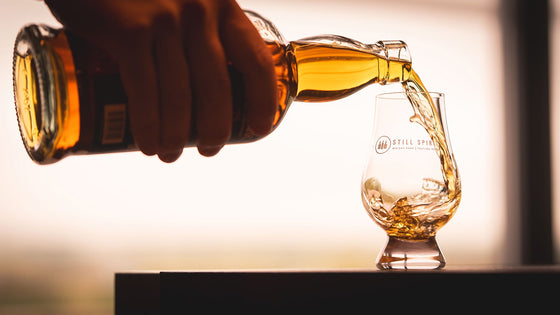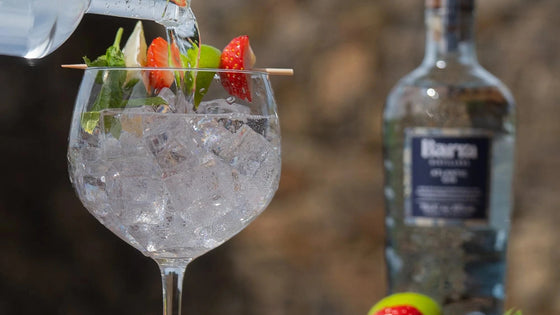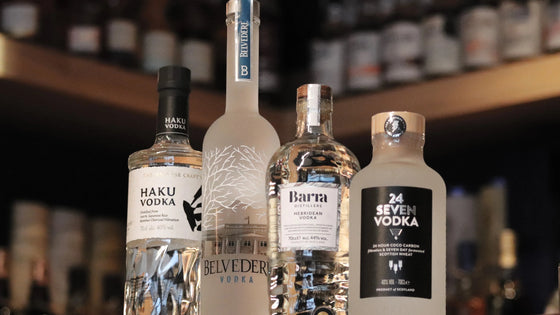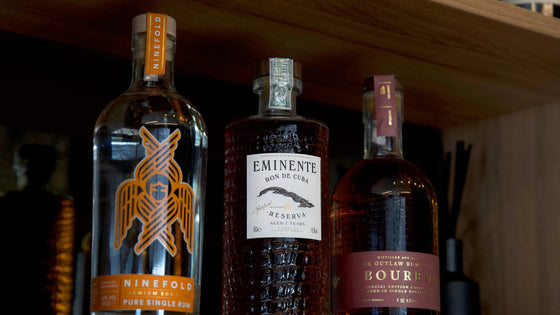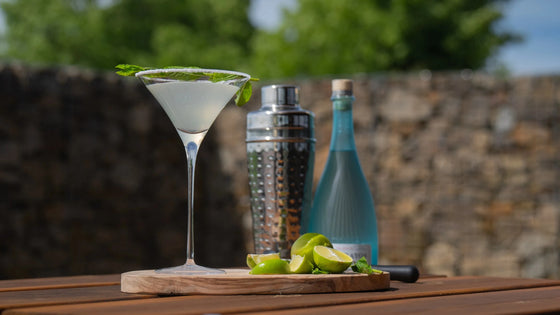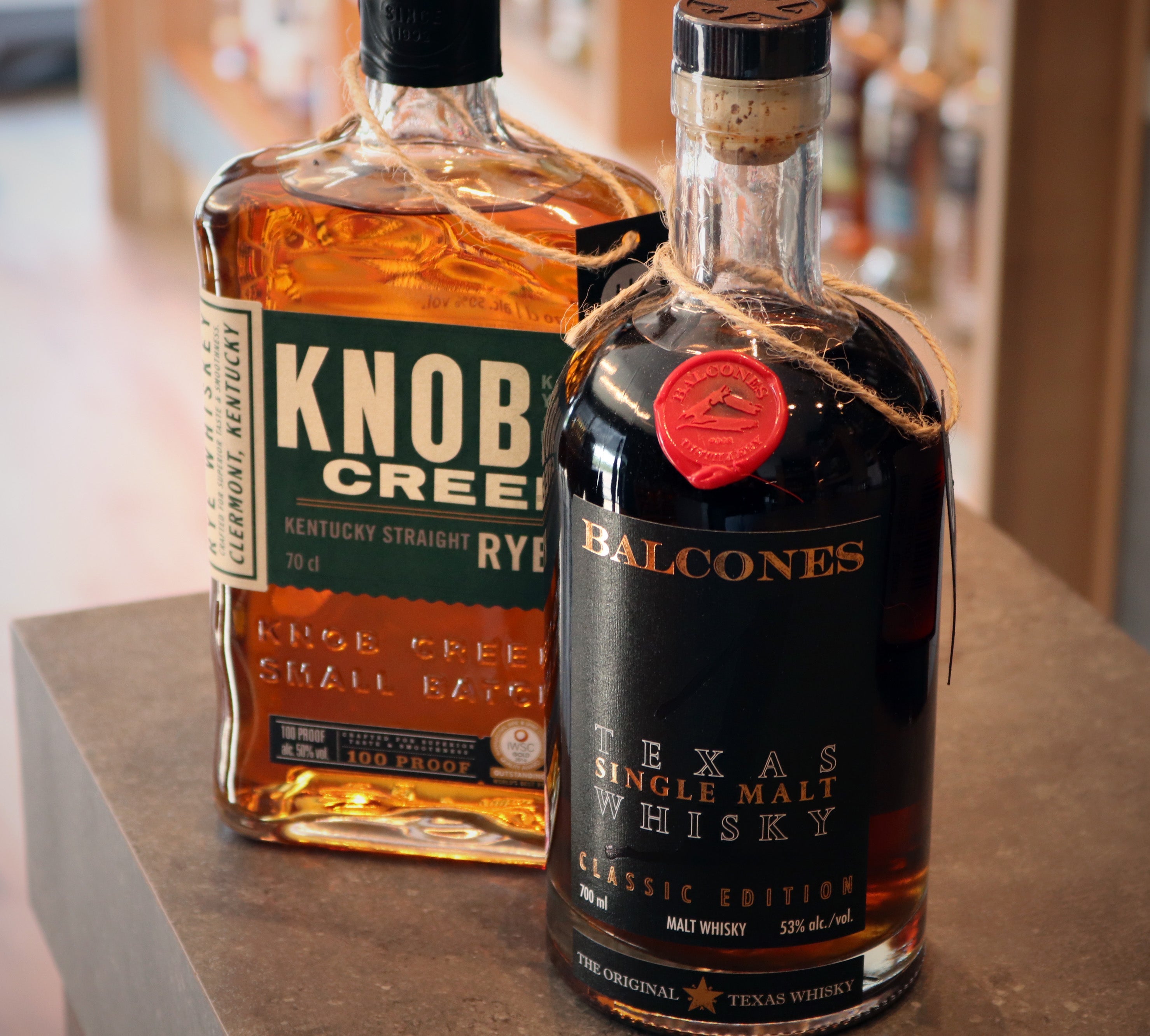At Still Spirit, we’re often asked about bourbon and the subject of aging. There’s no doubt that aging plays a significant role in developing bourbon’s rich character, with aged bourbon often seen as a mark of quality. But is aged bourbon better?
In this blog, we’ll dive into how aging shapes bourbon, exploring its transformation in the barrel over time. We’ll uncover the key factors that influence its maturation and why too much time spent in the cask can work against the character and flavour. Plus, we’ll recommend the best ways to drink it.
Ready? Let’s begin.
Why does bourbon have to be aged?
That’s a good question.
Bourbon is aged in order to mellow the harshness of the alcohol content, but most importantly, it’s how it acquires its distinct flavour, aroma and rich colour.
How long does bourbon have to be aged for?
There is no legal minimum aging requirement. Technically, bourbon could be aged in a barrel for one day and still legally be classed as bourbon. However, most bourbons are aged for at least two years and there are strict regulations about labelling.
Straight Bourbon Whiskey
Bourbon must be matured for a minimum of two years in order to be called a ‘Straight Bourbon Whiskey’, and if it is any younger than four years, the age must be clearly stated on the label.
Bottled-in-Bond Bourbon Whiskey
Bottled-in-Bond bourbon has to be aged for at least four years in a government-owned bonded warehouse. It must be distilled in one season, at one distillery, and bottled at a minimum of 100 proof (50% ABV), ensuring authenticity and consistency.
How is bourbon aged?
Once it comes off of the still, new make bourbon, or ‘white dog’ as it’s sometimes known, is filled into brand-new, charred American oak barrels to begin a period of aging.
Why are barrels charred?
Charring helps to add colour, aroma and flavour to the resulting whiskey. It also helps to sterilize the wood before the spirit is added.
Charred casks are burnt inside, either by hand or they are put into a machine where the cask is rotated and charred. The charring process produces a layer of charcoal which interacts with the whiskey, altering the flavour and colour of the spirit over time. The char level refers to the specific amount of time that the barrel has been exposed to the flame.
There are four barrel-charring levels:
· Char Level 1: 15 second char
· Char Level 2: 30 second char
· Char Level 3: 35 second char
· Char Level 4: 55 second char
Char level 4 barrels impart a deeper colour and flavour to the spirit than a char level 1 barrel, for instance.
What happens at the warehouse?
The filled casks are transferred to a warehouse or ‘rickhouse’. Rickhouses are specifically designed for storing and aging bourbon. They are typically multi-storey buildings with a wood or metal frame and corrugated metal sides and roofs.
Once there, the bourbon ages quickly, faster than Scotch whisky, for instance. In the hot summer months, the biometric pressure inside the barrel changes, causing the bourbon to be pushed through the char and into the grain of the wood. In the winter when the temperature drops, the cask cools and contracts, drawing out the rich colour, flavour and aroma with it.
Does bourbon whiskey get better with age?
There’s no doubt that bourbon is better if it’s been aged for two years at least, but it can be aged for too long. If a bourbon is aged for too long it can pick up a bitter taste from the tannins in the barrel, so it’s the master distiller’s job to get it right. The distiller has to find the bourbon’s ‘sweet spot’, with just the right balance between all the different factors.
Does bourbon age in the bottle?
No, bourbon does not continue to age in the bottle. Aging only occurs in the barrel, where the whiskey interacts with the wood. Once bottled, bourbon remains ‘shelf-stable’, with no further maturation. However, exposure to heat, light and oxygen can subtly alter its flavour over time.
What’s the best way to drink aged bourbon?
Straight bourbon can be savoured neat or with a drop or two of water to bring out its nuanced flavours and aromas. Alternatively, aged bourbons work well mixed into a cocktail like an Old Fashioned, a Whiskey Sour or a Boulevardier.
Our Picks – Straight Bourbons
Old Forester Kentucky Straight Bourbon Whisky
Old Forester Kentucky Straight Bourbon Whisky is a rich, full-bodied bourbon with notes of caramel, vanilla, and toasted oak. With hints of spice and a smooth, balanced finish, this historic whiskey - America’s first bottled bourbon - delivers a classic, timeless flavour.
Basil Hayden Kentucky Straight Bourbon Whiskey
Basil Hayden Kentucky Straight Bourbon Whiskey is a smooth, approachable bourbon with a light body and balanced spice. Featuring notes of sweet caramel, toasted oak, and a hint of peppery rye, it delivers a crisp, clean finish.
Maker’s Mark Cask Strength Kentucky Straight Bourbon Whisky
Maker’s Mark Cask Strength Kentucky Straight Bourbon Whisky delivers intense, full-bodied flavour with rich caramel, vanilla, and oak notes. Bottled at barrel proof (55.05% ABV), it offers a bold yet smooth drinking experience with warm spice and a lingering finish.
So, does whiskey get better with age? Yes, to a certain extent, it does. However, whether it’s young or well-aged, the best bourbon is the one you enjoy the most. At Still Spirit, we have an extensive range of aged bourbons and all kinds of American whiskeys. Plus, glassware, whisky gift sets and gift vouchers.

